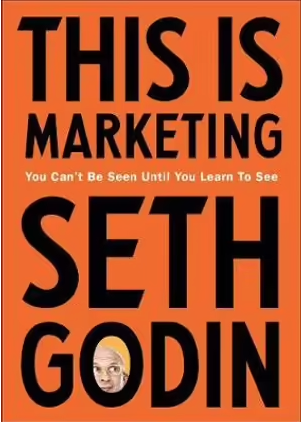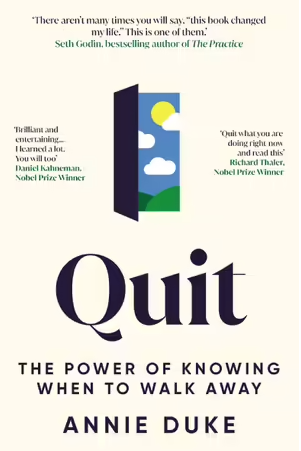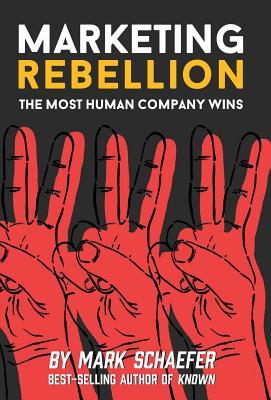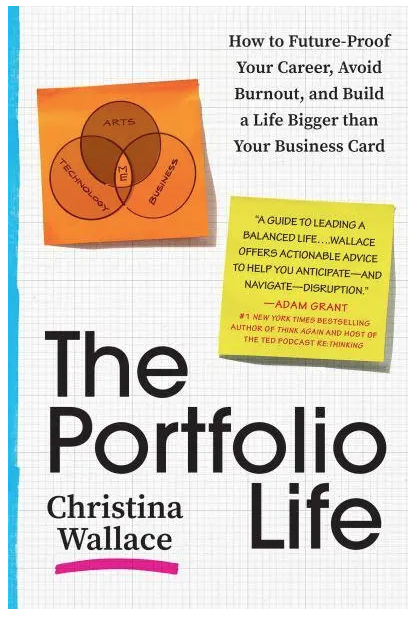Often when we talk about content marketing, or what I like to call ‘content-led communications’, we look at creating content that addresses our audience’s fears, their challenges, their pain points, and their frequently asked questions.
And that’s all cool. It’s called utility content. It’s useful and helpful and educative, and solves an audience’s problem or informational need.
Remember: no one ever went wrong being useful and helpful!
But if you want to play a bigger game, you’ve got to start moving into thought leadership territory.
This is when you’re exploring ideas in public through your content, your talks and your social media activity, when you’re trying to change the way people think about a topic or an issue through your insights, ideas and wisdom.
Thought leadership is not necessarily being right or wrong because a lot of the time, you don’t need to have the answers. It’s about asking the right questions and connecting dots, and bringing people along for the journey.
Authors who are genuine thought leaders
I thought the best way to unpack what thought leadership looks like is to go through a few books of authors who I think are genuine thought leaders.
Let’s go!
SETH GODIN
Seth Godin, who has been blogging daily for some 20 years (over 8000 blog posts) and has written over 20 books, is the poster child for modern-day thought leadership.

Seth is not sitting there, trying to address your fears and pain points. In fact, he’s probably stoking your fears and pain points to a degree; he’s challenging the way you think about leadership and marketing and creativity, all sorts of topics.
He covers a lot of ground, and as a result, he sells a lot of books and is in constant demand the world over as a keynote speaker.
DAVID MEERMAN SCOTT
David Meerman Scott’s The New Rules of Marketing and PR is the ‘OG’ book when it comes to the social media and content space.

The book first came out in 2007, and is now in its 6th edition, having sold 425,000 copies in English; it’s currently available in 29 languages.
David has written a number of books, but I want to highlight The New Rules of Marketing and PR because it changed the game, it influenced the way business owners, professionals, marketers and public relations practitioners looked at brands and marketing. Importantly, it it made us rethink the traditional way of doing things versus these emerging tactics and strategies that we can now all employ, but back then it was all pretty new.
David put it all in a book and for a lot of people, he changed the way they thought about marketing and PR generally, and in turn that took them on a new journey, professionally-speaking.
That is true thought leadership, and it’s something he continues to do today through his books and his presentations.
ANNIE DUKE
Someone you might not have heard of is Annie Duke.
She’s got a book called Quit – I’ve just finished reading this one, and I highly recommend it!

What Annie’s doing is giving us permission to quit things, that it’s okay (and potentially way more beneficial) to quit projects, businesses, careers … to quit all sorts of pursuits.
It’s clear a lot of research has gone into Annie’s thinking and her concepts, and she gets deep into the topic.
The book will, for a lot of people, make for challenging reading. There’s every chance it will make you sit up and take notice, and start to wonder whether it might be in your best interests to walk away from something (job, business venture, sporting pursuit) you’ve heavily invested in for some time.
In essence, Annie is empowering us with knowledge and in doing so, making us think differently about the concept of quitting. This is A-grade thought leadership!
MARK SCHAEFER
Mark Schaefer has been challenging our thinking around marketing and business leadership for many years now, through his blog, his books, his podcast and talks.

Case in point – Marketing Rebellion: The most human company wins.
Based on his own knowledge and experience, his research and interviews with other experts, Mark collates insights, connects dots and unpacks trends. He asserts that today, the customers are the marketing department, and the only way for businesses to thrive is to adopt a “rebellious new approach” to marketing.
This is pure thought leadership. Mark is painting a picture of possibilities for marketers – good if you heed his advice, bad if you don’t! But ultimately, it’s hard to read a book a such as this (and others that he’s written, for example, The Content Code) and not come away reassessing your own philosophies and ideas around all things brands and marketing.
Whether you agree with Mark (or any of these thought leader authors listed) or you don’t, that’s fantastic! It’s great for thought leaders if someone disagrees with them: it means they’re cutting through with a point of view that’s provocative and challenging.
CHRISTINA WALLACE
And finally, we have Christina Wallace’s new book – The Portfolio Life: How to Future-Proof Your Career, Avoid Burnout, and Build a Life Bigger than Your Business Card.

Again, like all the thought leaders mentioned in this piece, Christina gives us a hot topic to think about.
When we run to a bona fide expert to help us nail a challenge or an issue we might be grappling with, we often know what problem is, but not necessarily understand how to solve it.
With thought leaders, they write (and speak) about topics that pique our interest and get us thinking. Sometimes, we don’t know what we don’t know, and we’re happy to be intellectually challenged by someone who can put up a pretty good argument that supports their idea, philosophy, theory or thesis.
In The Portfolio Life, Christina – Harvard professor, serial entrepreneur, and self-described ‘human Venn diagram’ that she is – maintains that we need “a dramatically different relationship with work, one that allows us to define ourselves beyond our paid labour”.
Like the other books mentioned, you might read Christina’s book and disagree with its contents, but there’s no doubt it’s going to start getting you thinking about how you might structure your own life more effectively, or as she puts it, “designing a strategy for the long haul”.
Expert vs thought leader
There’s nothing wrong whatsoever with being the go-to expert in your space, someone who has deep domain expertise and is at the top of their game when it comes to best practice in your area of specialty. To win that game, you need to focus on utility content and go deeper than anyone else.
But not everyone wants to do that. They want to play a bigger game, delve into new and different ideas, push boundaries of thought, challenge the way people think about topics or issues … maybe be more upfront and provocative with their thinking and in doing so, explore challenging concepts and ideas in public through their content.
Again, I want to reiterate, there is no right or wrong, just what’s best for you, your talents, your purpose and your ambition. Who knows, you might want to go down the hybrid route?
But it’s good to get a handle on, as it will affect the type of content you create, the conversations you have, the debates you spark and the presentations you deliver.
Onwards!



Leave a Reply